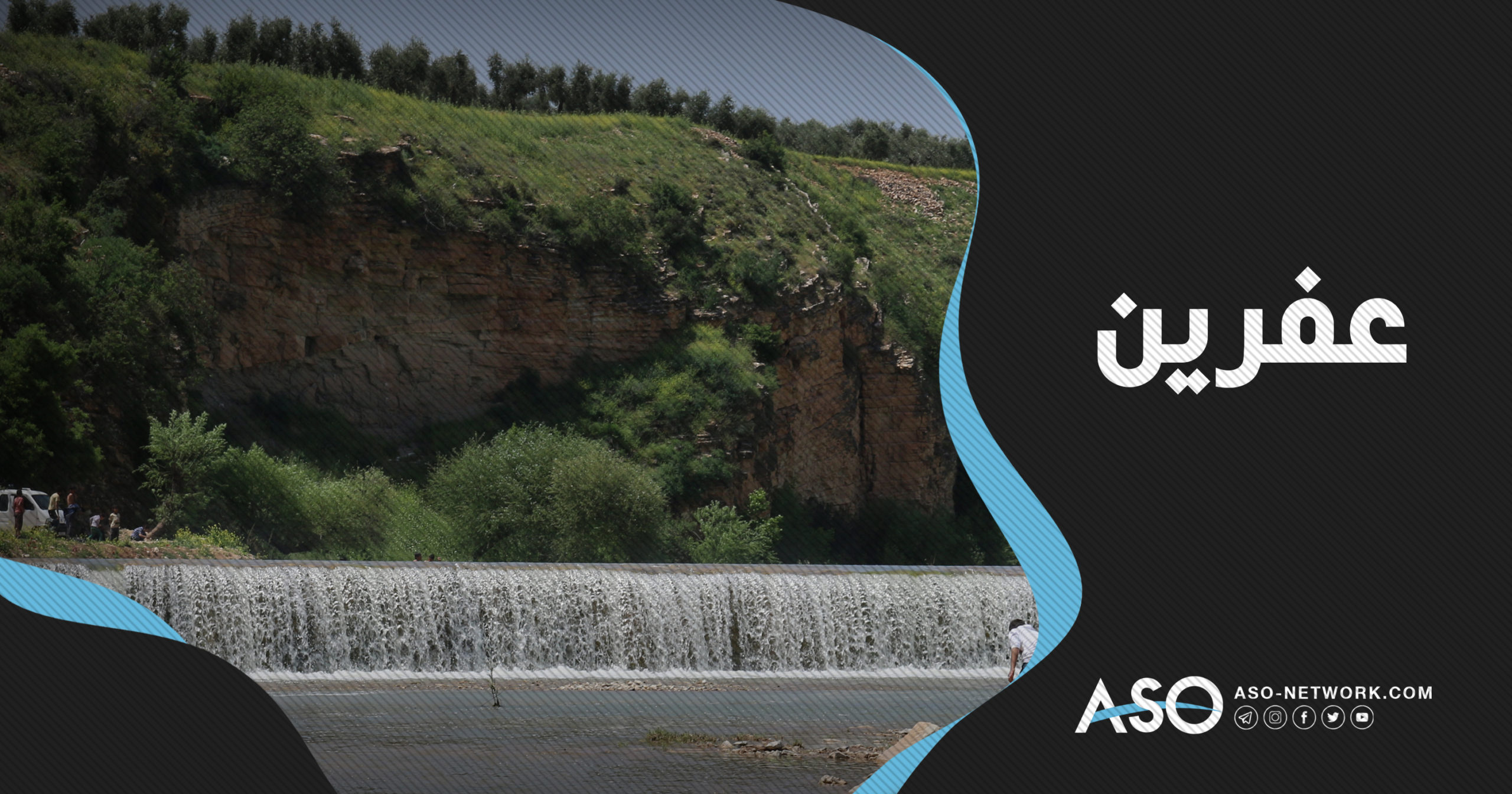News
Afrin: The continuation of cutting of fruit and forest trees in order to cut them down and sell them at exorbitant prices in the markets

Militants of the National Army factions and settlers living in Afrin continue to unjustly cut down fruit trees, including olive trees, and transfer a large part of them to the city of Idlib and sell them there in the markets, taking advantage of the civilians’ need for firewood with the onset of the current winter.
According to the sources, the militants carry out tree-cutting operations in plain sight, despite the city’s local council issuing decisions to prevent cutting and uprooting trees, but the militants do not submit to any decision issued by the local councils, and their decisions apply only to the Kurdish population, and those who violate their decisions are held accountable.
Members of the al-Hamzat Division, which controls the village of Ain Dara in the countryside of Afrin, cut down more than 200 fruitful olive trees in the village, which belong to a displaced person, under the pretext that its owner is a supporter of the Autonomous Administration and that his property is lawful as war booty, according to their claims.
Likewise, olive trees located near the city center and the village of Teranda are still being cut down on a daily basis, as the fields surrounding the city are almost devoid of trees, similar to the al-Mahmudiyah neighborhood forest, which has become completely devoid of large forest trees that used to give a beautiful appearance to the city as it is located at the highest peak. for the city.
There is no accurate statistics for the operations of cutting down and logging trees in the city of Afrin, which were carried out by the militants of the National Army for trading in the winter season, as the price of one ton of olive firewood has recently reached more than 200 US dollars, and the price of oak and cypress wood is more than 140 US dollars, as the militants receive sums They cut down the trees and sell them, especially after they were transported to the city of Idlib.
